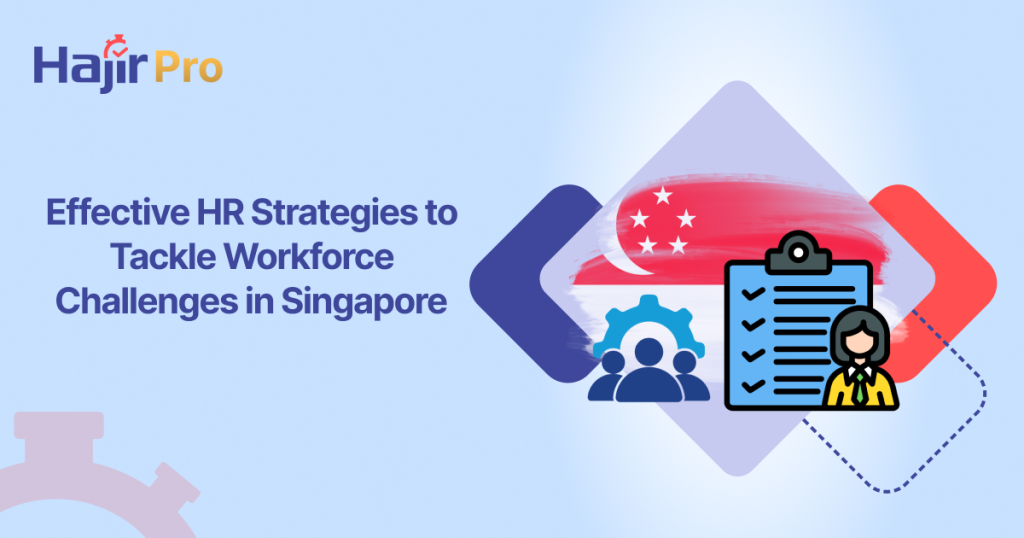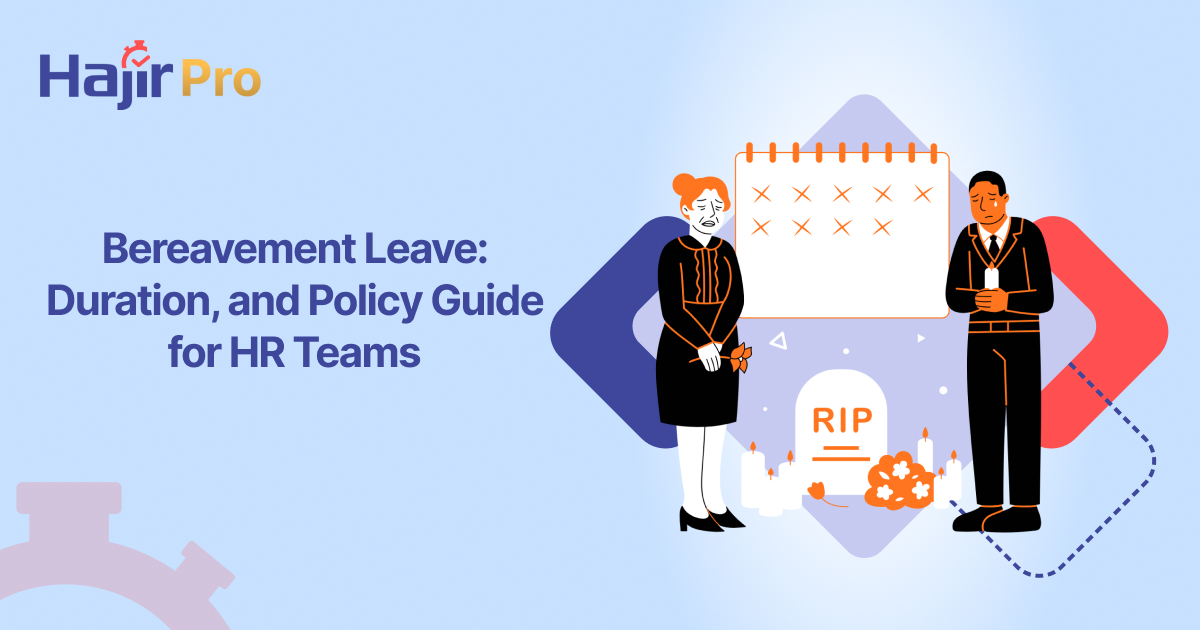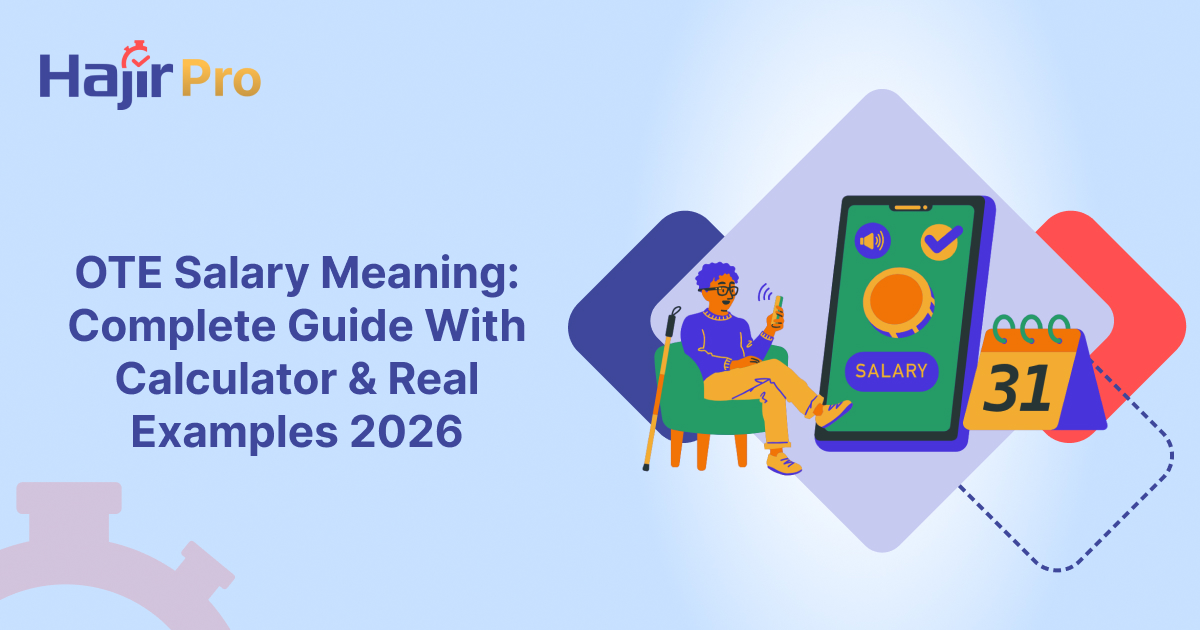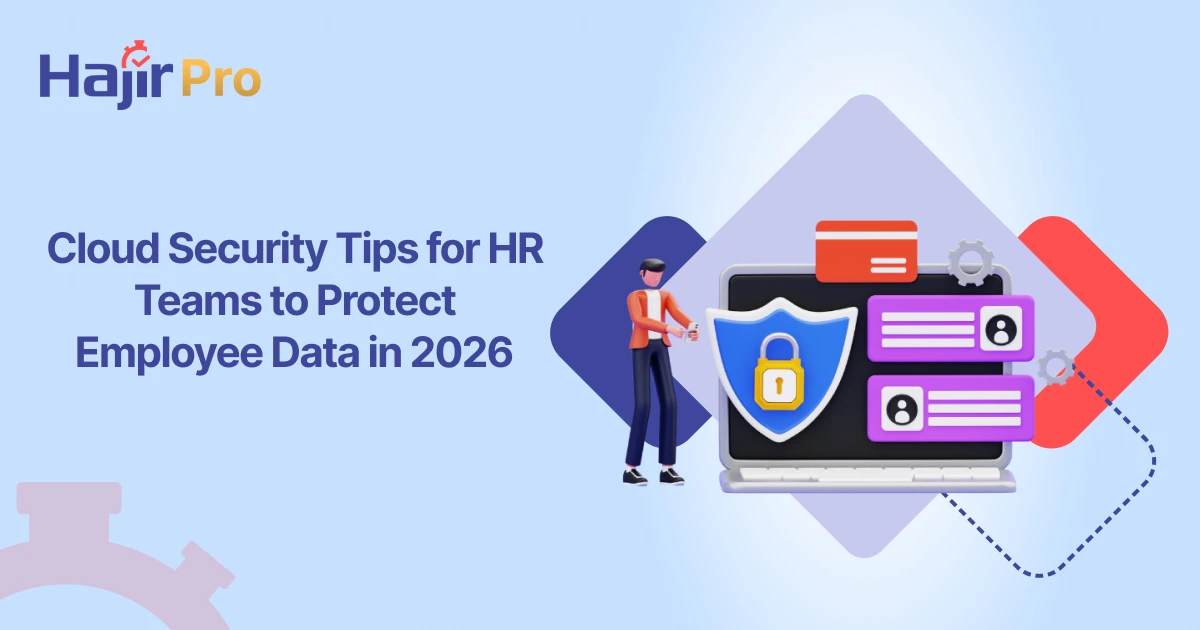Effective HR Strategies to Tackle Workforce Challenges in Singapore
The workforce is one of the strongest pillars of Singapore’s economy, yet many businesses now face serious workforce challenges in Singapore that can slow growth if not handled strategically. Whether it is the lack of talents or high turnover rates, peculiarities of hybrid work, or regulatory issues, the HR leaders need to ensure that they create the strategies that will not only attract the competent professionals but will also retain and engage them efficiently.
Otherwise, companies that fail to adapt may lose competitiveness, productivity, and employee satisfaction. By using data-driven decisions, continuous learning, and smart HR tools, these challenges can be addressed to create a strong future workforce that suits the Singapore market.

Major Workforce Challenges in Singapore
1. Talent Shortages and Skills Gaps
As a result, Singapore’s rapid digital growth has widened the gap between the demand in the industry and the supply of the workforce. Organizations tend to be unable to recruit individuals with high technical expertise, including in artificial intelligence, data analytics, and cybersecurity.
As a result, innovation slows, operations face disruption, and recruitment costs increase. In order to be competitive, it is crucial for companies to focus on early identification of skill deficits, retraining workers and attraction of talent as some alternative measures to overcome workforce challenges in Singapore.
2. High Employee Turnover
One of the emerging concerns in Singapore is employee retention. Therefore, high turnover reduces team stability and increases recruitment and training costs. In order to minimize turnover and retain a motivated workforce, it is important to engage the employees by providing recognition programs, career development opportunities, and effective communication.
3. Hybrid and Remote Work Challenges
With the new standard of hybrid and remote work, HR teams are faced with challenges in the monitoring of productivity, attendance and teamwork. It is hard to track performance and hold anyone accountable without the correct tools. The companies need systems that are transparent, with effective communications, and help maintain operational efficiency and provide flexible working schedules.
4. Aging Workforce challenges in singapore
Hence, Singapore’s workforce is aging, and there will be a risk of losing precious experience and knowledge of institutions. The organizations should establish mentorship programs and succession planning as well as structured knowledge transfer programs so that the expertise is retained and transferred to the younger employees.
5. Compliance and Data Management
Singapore has very rigid labor laws and information privacy policies, which necessitate careful HR management. Unfortunately, manual paperwork often leads to errors, non-compliance, and penalties. In order to keep good records, in order keep up with it and to secure data efficiently HR systems are needed.
Strategic HR Solutions to Overcome These Challenges
1. Data-Driven HR Practices
HR departments will be able to monitor employee performance, turnover trends, and skills gaps by employing workforce analytics. The workforce challenges in Singapore can be addressed by applying evidence-based decisions to adjust the talent strategies in alignment with the organizational goals and improve the overall efficiency.
2. Upskilling and Continuous Learning
Investment in learning and development programs also gives employees an agility that readies the workforce for the future. What’s more, continuous training addresses skill disparities, increases engagement and keeps top talent in Singapore; a competitive environment in which to compete for skills.
3. Employer Branding
A well-established employer brand promotes talent and retention. Flexibility, inclusiveness, and career development opportunities are also contributing to retention making the organization a choice of the best talents.
4. Employee Well-Being
By addressing the health of the employees, mental health programs, and flexible working hours, these programs reduce burnout and increase employee satisfaction Well-being programs enhance interaction and deal directly with the high turnover problem.
5. HR Automation
Consequently, automating HR tasks such as payroll, attendance, and performance tracking improves accuracy and compliance. This minimizes the administrative cost and enables HR departments to concentrate on strategic projects that enhance the management of the workforce.
How HajirHR Solves Workforce Challenges in Singapore
HajirHR is a modern HR solution system that addresses the most severe workforce challenges in Singapore. It offers feasible solutions to ensure that businesses manage their workforce by integrating automation, analytics, and employee engagement tools.
- Dynamic Event Management: HajirHR helps HR managers to conduct interactive workshops, training, and upskilling that bridge the talent gaps. These events actively motivate employees, keep them engaged, and prepare them for evolving workforce challenges in singapore.
- Seamless Chat Management: Chat features enable real-time and easy communication between hybrid and remote teams, enhancing teamwork and connectivity. Fast updates and group discussion ensure that projects are never behind schedule and that teams are organized.
- Empowering Employee Self-Service (ESS): The ESS portal will help in making the employees have access to their attendance, leaves and payslips, which will bring about transparency and autonomy. This also helps in compliance through maintenance of records with accuracy and availability to the staff and the management.
- Transparent Payroll Management: The simplified payroll management allows precision in paying the salaries promptly and breaks the salaries down in great detail to the employees. It cultivates confidence, eradicates costly errors and makes full compliance with MOM and CPF rules.
- Effective performance monitoring: HajirHR possesses a performance tracking system based on data, which enables the managers to follow productivity, identify talented performers and address shortages of skills.
- Recognizing Employees: This is done through programs like the Employee of the Month, which encourages the high performance of employees boosting morale and commitment in the long run. Performance rewarding is one of the methods of motivation and establishment of a high-performance culture.
Why HajirHR is Ideal to the Singapore Market
The HajirHR is built with the workforce and the regulatory landscape of Singapore in mind.
- Compliance Ready: Ensures that it is in compliance with MOM rules and PDPA privacy provisions.
- Scalable to any business size: Fast and effective for SMEs and large businesses.
- Cloud-Based Access: Hybrid and remote workforce management.
- User-friendly interface: A simple and easy-to-use interface helps employees use it with minimal training.
Empower Your Workforce Today with HajirHR
Traditional HR methods no longer meet today’s workforce challenges in singapore demands. Instead, smart HR technology is essential. HajirHR empowers companies to simplify HR processes, automate routine tasks, and get actionable employee performance and engagement feedback. With the ease of attendance, payroll, and performance management, organizations are able to retain the top talent, enhance productivity and make sure that local regulations are complied with.
HajirHR makes HR a strategic competitive edge, enabling companies in Singapore to develop a motivated, efficient, and future-ready workforce that satisfies the needs of the competitive business world today.



